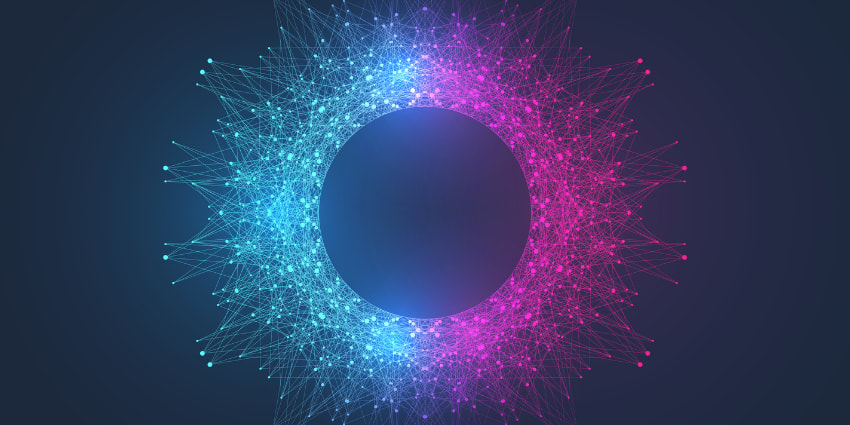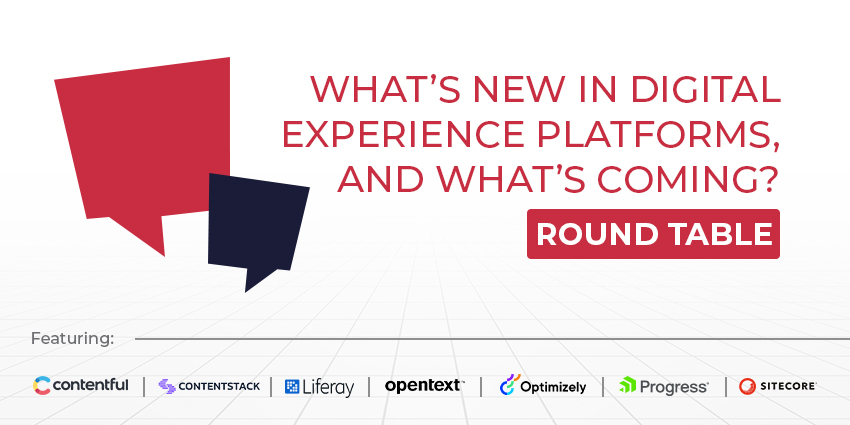Data-driven decision making is fast becoming a staple for enterprises. Research by Capgemini suggests that companies basing their decisions on data outperform their peers on most financial indices, including earning 70% more revenues per employee and 22% more profitability. Correspondingly, demand for data products for enterprise use is also on the rise. In 2021, 41% of technology companies saw a visible rise in demand for data, analytics, and BI capabilities among customers. 39% have upped their data investments in response.
Amid this landscape, there are two ways you could leverage the power of data to improve performance at your organisation – you could gain from business insights uncovered by BI tools, or you could perform advanced data exploration to build your own data-driven products using data science techniques.
Let us examine these two approaches in more detail.
Business Intelligence vs Data Science
You can define business intelligence as the process of uncovering relevant information and actionable insights from operational data, generating reports and action points for business users. Business intelligence or BI has now become central to nearly every value-adding activity in an enterprise. From determining the best shipment route to configuring the most optimal schedule, business decisions must rely on historic data and future predictions – and not intuition, or “gut feeling.” BI equips you to achieve exactly this.
Data science, on the other hand, is the process of leveraging data exploration, manipulation, and statistical techniques to arrive at a repeatable and reusable model that could convert raw inputs into comprehensible insights. It is typically considered to be an advanced STEM field, employed primarily by research organisations, educational institutions, and technology companies.
It should be noted that BI and data science have a few things in common – both use data management and data visualisation techniques, and the intent is to enable data-driven decisions.
However, there are also key differences that make these two discrete concepts.
4 Key Differences Between Business Intelligence and Data Science
- What is the outcome you’re looking to achieve? The objective of data science is to build analytical models that can help process both structured and unstructured data. BI focuses on creating reports and generating recommendations based on pre-built models to make smarter business decisions
- Who are the stakeholders and what are the skills required? Data science activities require large teams of data scientists, developers, statistical analysts, and more. BI initiatives can be carried out by a small team or even a single person with business analysis experience
- What are the effort levels needed for adoption? Data science capabilities take time and effort to develop, including the acquisition of new resources. BI adoption, on the other hand, is relatively easier through self-service and cloud-based BI tools
- What are the technologies you need? For a data science project, you will require open-source datasets, AI libraries, and computing resources to power development. Business intelligence relies on ready-to-use tools, customisable solutions, and professional services if needed. Typically, this makes data science projects costlier to fund, although you can have advanced BI initiatives with data science elements







